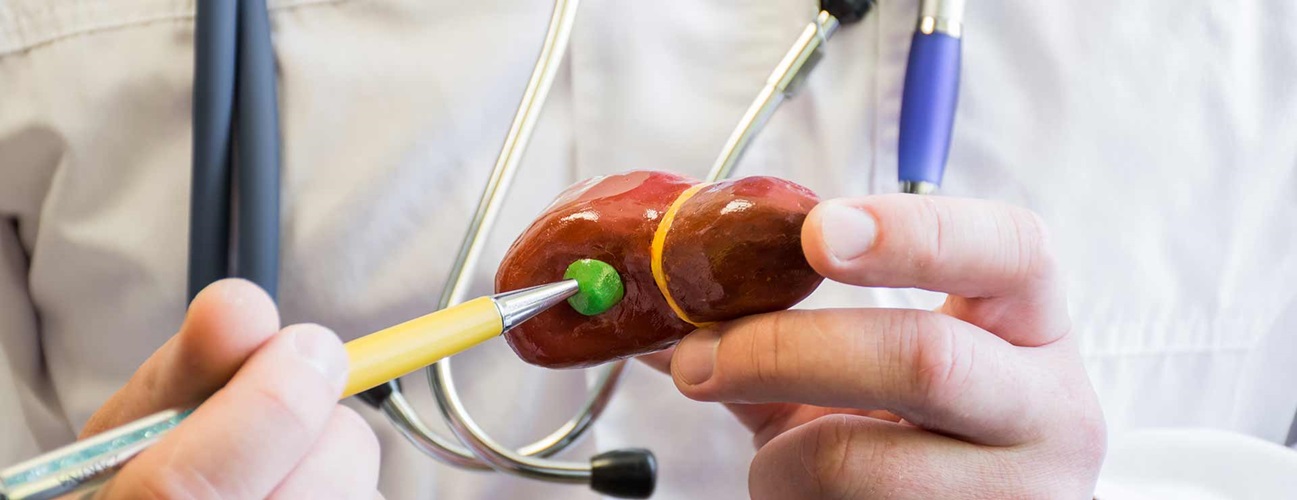"Decoding the Post-Gallbladder Surgery Belly Bloat: Insights and Solutions"
Explore the reasons behind stomach bloating after gallbladder surgery, including potential digestive complications and post-surgery recovery.

Undergoing gallbladder surgery is a significant event, and it's normal to notice changes to your body afterwards. One of the most commonly reported changes is an increase in abdominal size, which can be disconcerting for many. However, it's important to understand that there are several reasons why your stomach may appear bigger after gallbladder surgery.
The initial increase in abdominal size immediately after surgery is due primarily to swelling and inflammation, both of which are normal responses to surgical trauma. Surgeons utilize gas to inflate the abdomen during the procedure, this allows them to see and maneuver around the organs more easily. Although most of the gas is removed after the operation, some may remain, contributing to a swollen appearance. Additionally, the body naturally responds to surgery by retaining water, which can also make the stomach appear larger. Typically, these effects are temporary, and the swelling will subside as the body heals.
Nonetheless, if you notice that your abdomen remains enlarged several weeks or months post-surgery, there may be other factors at work. One potential reason is weight gain. It's not uncommon for people to gain weight after gallbladder surgery, especially if their diet changes significantly. The gallbladder plays an essential role in fat digestion, so its removal can lead to changes in how your body processes fats. It's important to work closely with your doctor or a dietitian to modify your diet and ensure you're eating balanced, nutritious meals that your body can digest efficiently.
Another factor could be altered bowel movements. Many people experience changes in their digestion and bowel movements after gallbladder surgery. This is because the gallbladder releases bile, which helps to break down fats and eliminate waste from the body. After the gallbladder is removed, bile is less concentrated and trickles into the digestive system, which can lead to bloating.
Finally, it's crucial to remember that everyone's body reacts differently to surgery. Factors like age, overall health, and the presence of other medical conditions can all influence how quickly and effectively your body recovers. It's important not to self-diagnose, as a persistently swollen abdomen could indicate a complication from surgery, such as infection or hernia. Always consult with your healthcare provider if you have concerns about your recovery.
In conclusion, an enlarged stomach post-gallbladder surgery can be a result of several factors, including swelling, changes in diet, weight gain, and altered bowel movements. Most of these are normal and temporary as the body adjusts to life without a gallbladder. However, persistent swelling should be evaluated by a healthcare provider to rule out potential complications. Remember, patience is key during recovery, and maintaining a healthy lifestyle will aid in your healing process.



